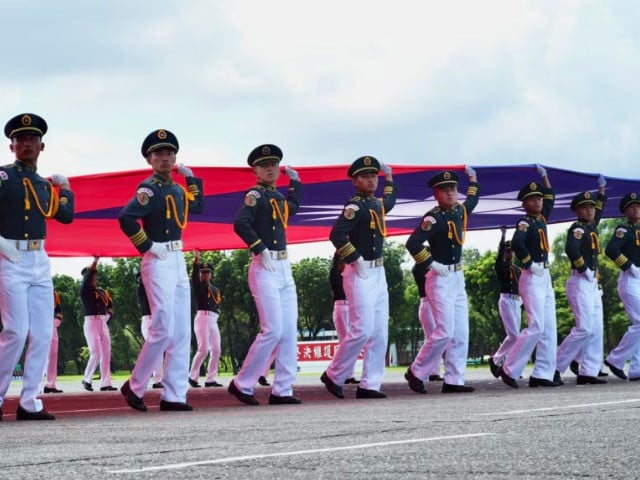
Chinese authorities on Friday issued a set of guidelines on imposing criminal punishments on diehard “Taiwan independence” separatists for conducting or inciting secession, allowing death penalty and a trial in absentia in relevant cases.
The guidelines, jointly issued by the Supreme People’s Court, the Supreme People’s Procuratorate, and the ministries of public security, state security, and justice, will take effect upon release.
The document, based on the Anti-Secession Law, the Criminal Law and the Criminal Procedure Law, provides more specific rules concerning conviction and sentencing in the event of such crimes, as well as relevant procedures, serving as guidance for the judiciary in handling relevant cases.
It spells out clearly-defined circumstances in which a very few diehard “Taiwan independence” separatists, through acts such as organizing, plotting or carrying out schemes of “de jure independence,” or seeking independence by relying on foreign support or by force, should be held criminally responsible.
Also, it stipulates that those who are found to have colluded with any foreign or overseas institution, organization or individual in committing such crimes, should be given a harsher punishment.
According to Article 6 of the document, those who commit the crime of splitting the state may be sentenced to death if the crime causes particularly grave harm to the state and the people or if the circumstances are particularly serious.
The guidelines further stress the principles of balancing clemency and severity and proportionality in judicial procedures, saying that if diehard “Taiwan independence” separatists voluntarily drop their “Taiwan independence” stance, stop conducting separatist activities, and take measures to mitigate or undo the harm, or prevent the spread of the damage, they may have their cases dismissed or be exempted from prosecution.






1731563032-0/Copy-of-Untitled-(38)1731563032-0-270x192.webp)











COMMENTS
Comments are moderated and generally will be posted if they are on-topic and not abusive.
For more information, please see our Comments FAQ